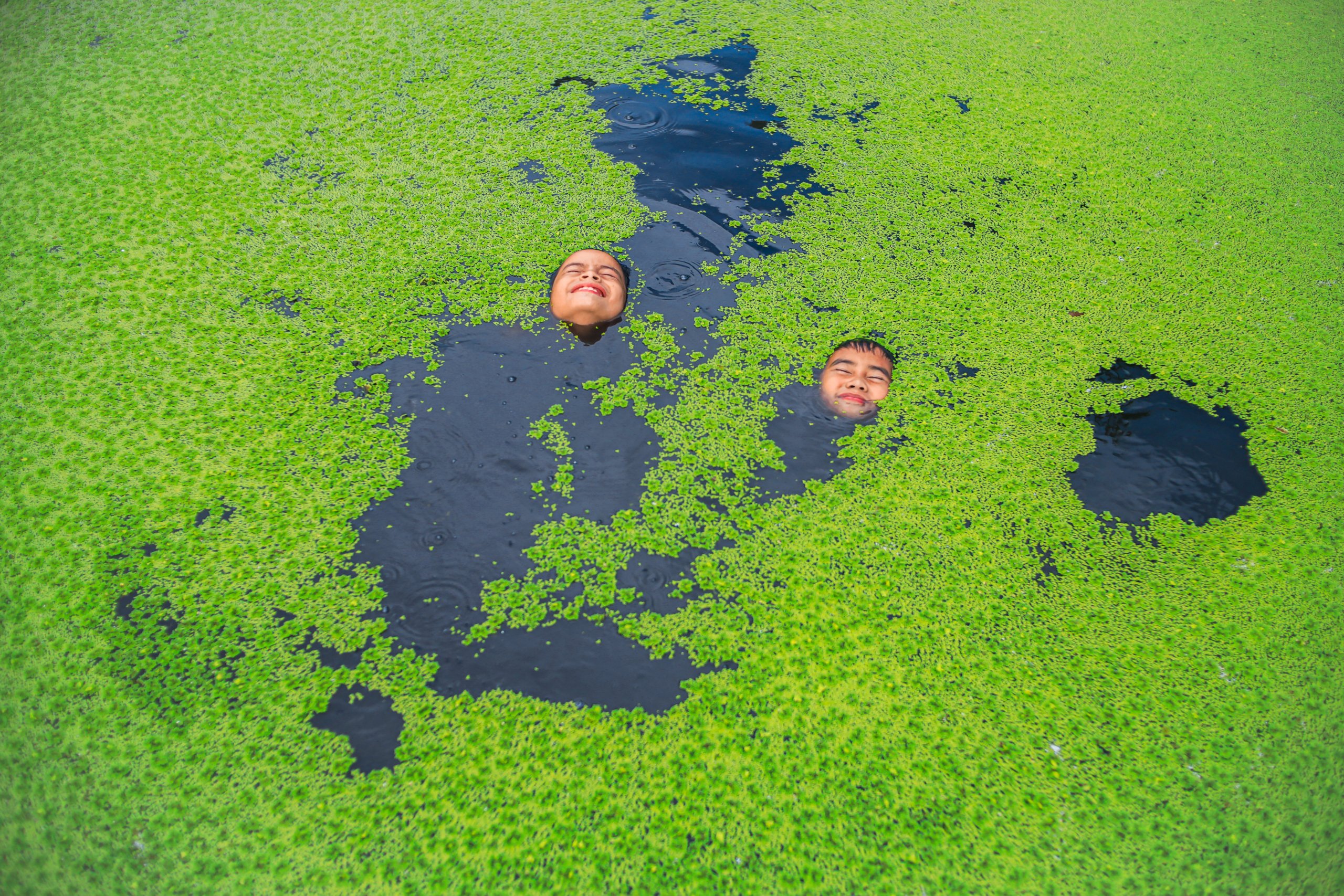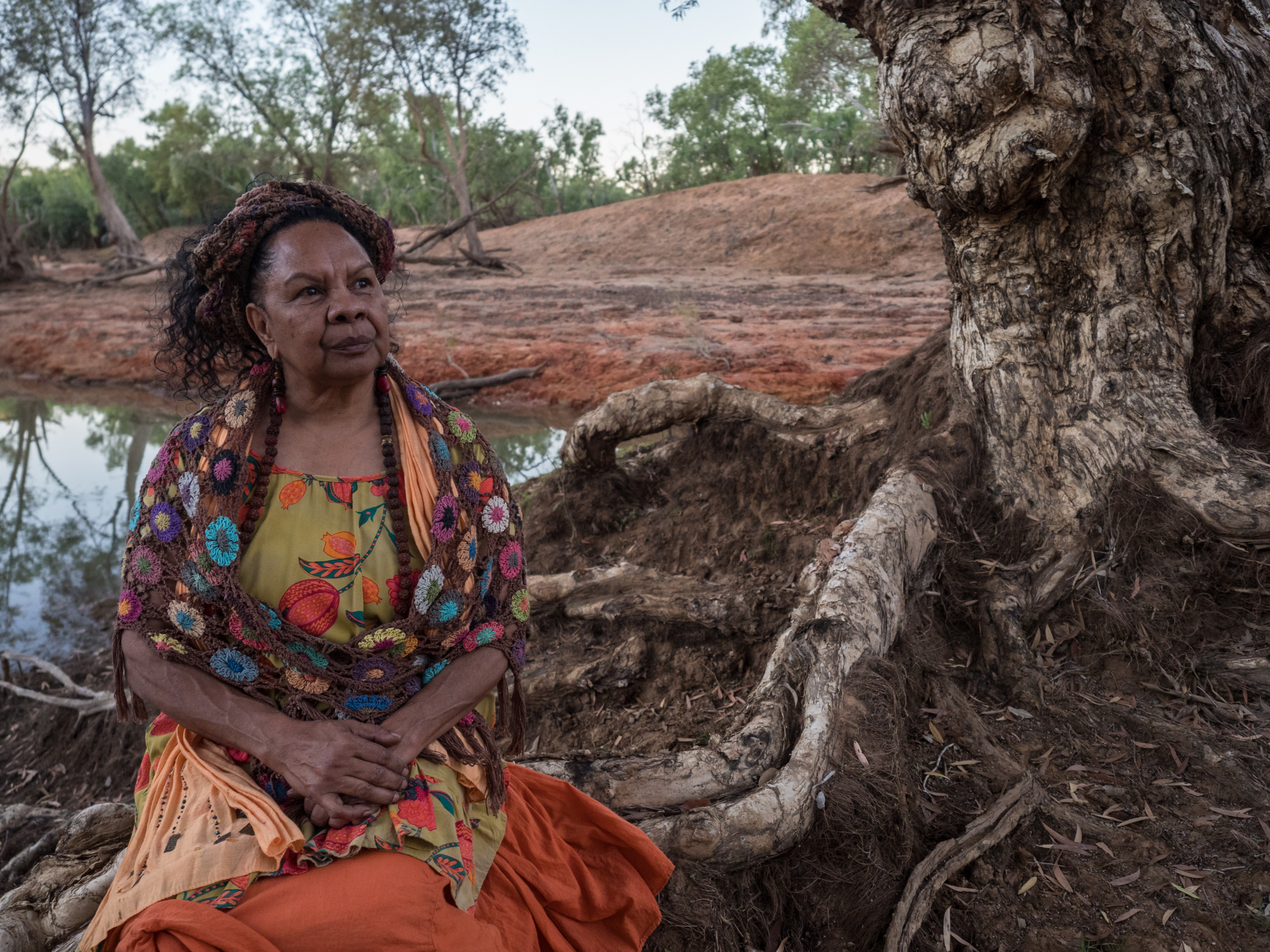
Honouring Indigenous Knowledge Systems in Health and Water-related Climate Change Research and Action: Insights from Nepal, Kenya, and the United States
Format: webinar broadcast from The Hub, Wellcome Collection as part of London Climate Action Week
Date: 25th June 2025
Time: 10:00 New York / 15:00 London / 17:00 Nairobi / 19:45 Kathmandu
Accessibility: This event will be held in English with simultaneous interpretation into French and closed captioning.
Concept
This event will explore how Indigenous and Traditional Ecological Knowledge Systems (ITEKs) are integral to developing culturally relevant solutions to pressing health challenges related to the degradation of water ecosystems. Through case studies from Kenya, Nepal and the United States, the event will emphasize the importance of safeguarding communities’ fundamental human right to water and investing in ITEKs by taking to account their significance in shaping community-driven research, solutions and policies on water, health, and climate resilience.
Our speakers will draw on their own lived experiences and those of the communities they work with to unpack why it is important to invest in and honour ITEKs in the co-creation and implementation of culturally appropriate, community-led solutions and adaptation strategies. They will discuss alignment with community values and decision-making processes and how Indigenous communities are engaged in management of water and health resources, including intergenerational knowledge transfer and addressing identified climate-related health issues. Each speaker will also bring a different angle of an intersectional perspective, considering how gender, disability, and age intersect with Indigenous ways of knowing.
This event, co-organised by Minority Rights Group and Wellcome Trust, with speakers from Endorois Indigenous Women’s Empowerment Network (EIWEN) and Friends of Lake Turkana (FOLT) in Kenya; the National Indigenous Disabled Women’s Association Nepal (NIDWAN); New York City College of Technology (CUNY); the Mi’kmaq Nation of Aroostook County, Maine, US; and a discussant from UNESCO.
Speakers and organisations
- Christine Kandie – Endorois Indigenous Women’s Empowerment Network (EIWEN), Kenya
- Ikal Angelei – Friends of Lake Turkana (FOLT), Kenya
- Pratima Gurung – National Indigenous Disabled Women’s Association -Nepal (NIDWAN), Nepal
- Sheila McCormack, Tribal Chief, Mi’kmaq Nation, United States
- Dr. Smita Ekka Dewan, New York City College of Technology, CUNY, United States
- Dr. Shakila Merchant, City College, CUNY, United States
- Dr. Vartika Saman, City College, CUNY, United States
Discussant: Nigel Crawhall – Chief of Section, Local and Indigenous Knowledge Systems (LINKS), Natural Sciences Sector, UNESCO
Facilitator: Samrawit Gougsa – Land Body Ecologies (LBE)
Agenda
- Welcome, housekeeping, introduction to the event and background of Land Body Ecologies – Samrawit Gougsa
- Showcasing community-led research outputs from the Rift Valley Waters Project, Kenya Christine Kandie and Ikal Angelei
- Participatory Action Research on the Climate Change Focusing on the Indigeneity, Gender, and Disability in Nepal Pratima Gurung
- Exploring Gender and Traditional Ecological Knowledge (TEK) Related to Water Systems among the Mi’kmaq People in the United States – Dr. Smita Ekka Dewan, Dr. Shakila Merchant, Dr. Vartika Saman, Sheila McCormack
- Comments from the discussant – Nigel Crawhall
- Panel Discussion




